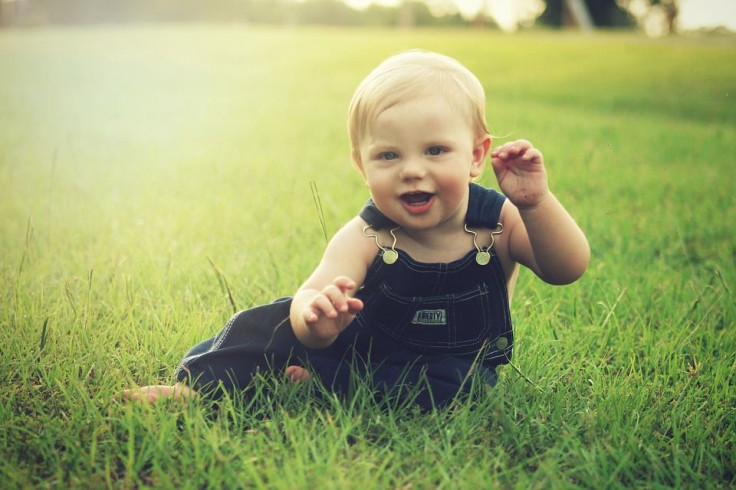How Important Is The First Year Of Life? How An Infant’s Brain Develops During This Time

During a baby’s first year of life, many changes occur at a rapid pace. Milestones, such as first words and first steps, often happen during this time.
In Life Noggin’s video below, narrator Pat Graziosi explains some of the brain’s developments that occur during this valuable year.
Read: Brains And Babies: 6 Things We’ve Recently Learned About Brain Development In Infants
A newborn’s brain doubles in size during its first year of life. By the time the child is 3 years old, its brain grows to about 80 percent of its adult volume. There’s thought to be such a quick spurt in the first year of brain development, specifically in the cerebellum, because the baby’s motor skills are quickly developing. The cerebellum is responsible for everyday voluntary tasks, and keeping the body balanced and coordinated.
Additionally, the brain’s hippocampus also experiences significant growth. The hippocampus is responsible for long-term memory recall and recognition of people, like mom and dad. One study found children who were nurtured early in life had about a 10 percent larger hippocampus than children with mothers who were less nurturing.
“This study validates something that seems to be intuitive, which is just how important nurturing parents are to creating adaptive human beings,” said lead author Joan L. Luby, in a news release.
In addition to nurturing, language plays a key role in development. The language circuits in the brain’s frontal and temporal lobes are influenced by the words a baby hears, explains Graziosi. Most babies will say a few words by the end of tweleve months.
To learn more about the body and brain’s changes during the first moments of life, check out Life Noggin’s video above.
See also: Full-Term Babies Vs Preemies: Brain Development Boosted By Time In The Womb
Brain Development Update: Infants Use Prefrontal Cortex In Learning, Study Finds
Published by Medicaldaily.com



























